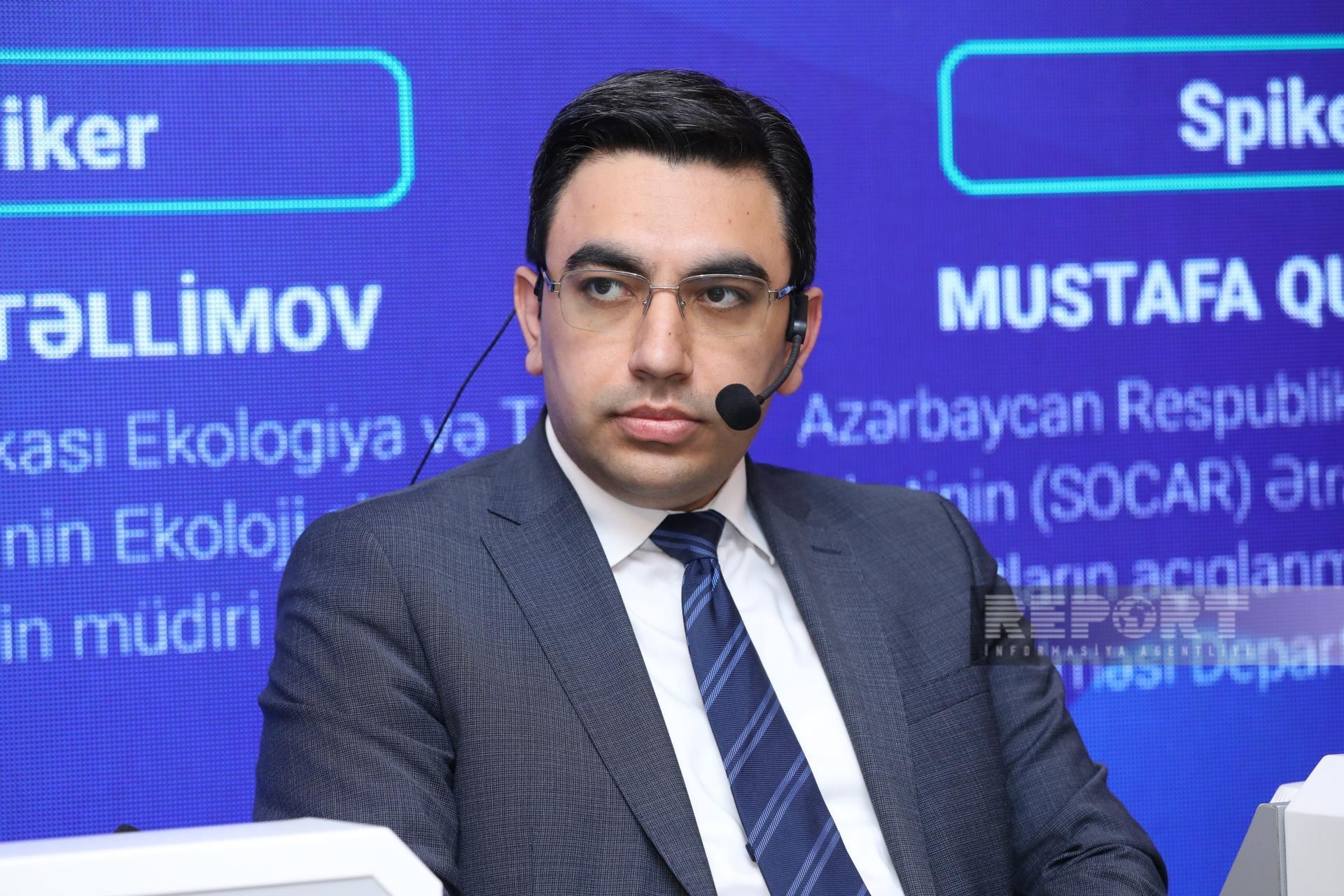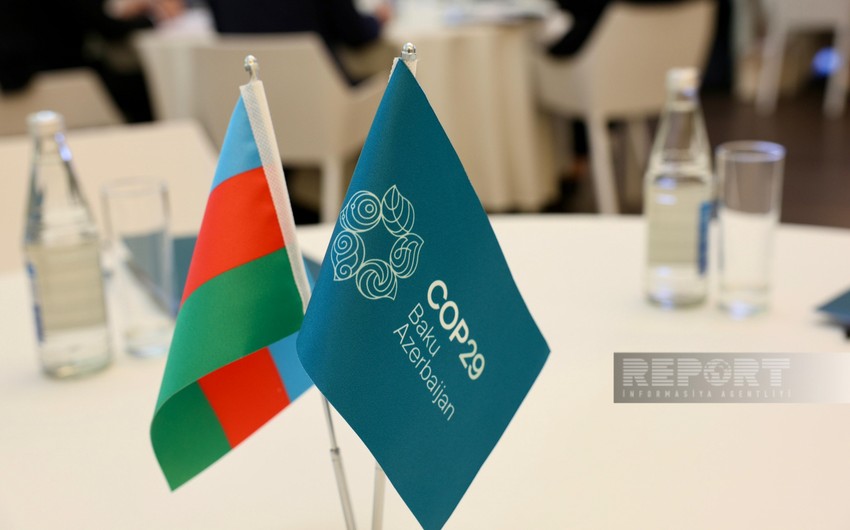One of the main priorities of the upcoming 29th session of the Conference of the Parties (COP29) to the UN Framework Convention on Climate Change in Azerbaijan in November this year is the full mobilization of all stakeholders for active climate action, the head of the environmental policy department of the Ministry of Ecology and Natural Resources of Azerbaijan Faig Mutallimov told Report.
He noted that developed and developing countries have their own specific roles in the fight against climate change.
"Developed countries have historically been the cause of more greenhouse gas emissions due to their economic and industrial power. Therefore, they have a greater responsibility in the fight against climate change, and they must lead in technological innovation, financial support and infrastructure development," Mutallimov said.
The representative of the Ministry of Ecology emphasized that COP29, which has identified climate financing as a priority, will present a forward-looking view based on two parallel directions - increasing climate ambitions and stimulating action.

"These areas reinforce each other - progress in one supports the other. Successful implementation of key mandates and climate measures is important for strengthening trust, solidarity and the pace of development," he noted.
Mutallimov spoke about 14 initiatives on the COP29 agenda, including the Climate Finance Action Fund, the Baku Initiative for Dialogue on Climate Finance, Investment and Trade, the Just Transition Partnership for Skills, initiatives on green energy, water resources, sustainable tourism and other key areas.
"The Multi-Actor Partnership (MAP) for Sustainable, Climate-Resilient and Healthy Cities aims to strengthen multi-sector national action in cities and promote stronger partnerships to scale up global urban climate finance, global coherence on climate and urban development and resilience. The Global Partnership for Enhanced Climate Action in Tourism (GPECAT) aims to reduce the growing trend of global emissions from the tourism sector by promoting a paradigm shift in global tourism policy making.
The Reduction of Organic Waste (ROW) Partnership, an initiative to reduce methane and enrich soils, aims to reduce methane emissions from the waste sector, thereby addressing global challenges related to food waste, sustainable urbanization, soil management. The partnership will seek commitments for Nationally Determined Contributions consistent with the 1.5°C target in the waste sector, increased financing and investment, communication of actions, innovative partnerships and stakeholder engagement," he said.
According to the representative of the Ministry of Environment, it is expected that COP29 will agree on a fair and ambitious New Collective Quantitative Target for financing, taking into account the needs and priorities of developing countries. The launch of the Loss and Damage Fund will also be an important step in scaling up action to combat the effects of climate change.


